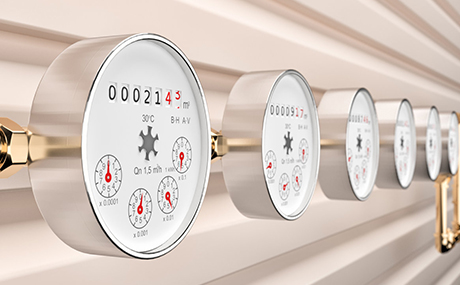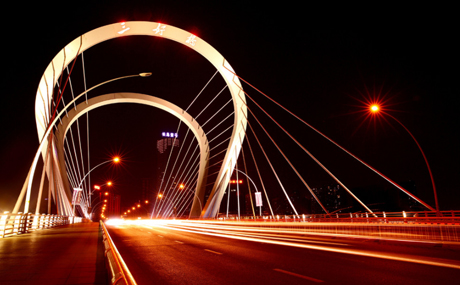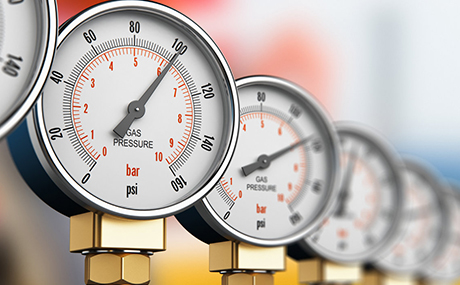Singapore's comprehensive implementation of intelligent water safdasdasdasdasdasdasdasdasdasdasdasdasdasdasd
TIME:2019-11-28 VIEW: 10 FORM:SHENGLONGTECH
On April 16, the Singapore Public Utility Bureau announced that it will install 300000 smart meters for newly built and existing residential and industrial and commercial units from the beginning of 2021, and it is expected to complete the first batch of smart meters by the end of 2023.
PREV : Xintian technology appears in European Energy Week and roams in the blue ocean o
NEXT : Analysis of application scenario of Nb IOT intelligent water meter
As an island country, Singapore is extremely short of fresh water resources and groundwater resources. Although the annual rainfall is as high as 2350mm, due to the land area of more than 600 square kilometers, Singapore, a tropical island country, is still seriously short of water, with a per capita water resource of only 211 cubic meters, ranking the second lowest in the world. Half of Singapore's 4 million residents' daily water is collected and stored rainwater, and the other half is long-term water purchase from Malaysia under the Singapore Malaysia water supply agreement. In this case, the protection and utilization of water resources has naturally become a national priority. So Singapore has been vigorously developing desalination technology, developing new water and so on.
It is reported that at present, Singapore Public Utilities Bureau is studying the first place to use smart water meters, which will replace the traditional water meters used by existing users.
After the implementation of the first phase of the smart water meter plan, the utility bureau will first assess the effect, strengthen the technical capacity, and then fully implement the plan in other locations throughout the island. And most importantly, users don't have to pay for the smart water meter and installation!
Previously, there were about 1.6 million water meters installed in residential and non residential units across the island. The water meter data is read by the staff on site every two months, the user will receive the bill every month, and the public utility bureau will estimate the user's water consumption every other month. However, after the user unit has installed the intelligent water meter system, the water consumption can be read automatically many times a day, and the relevant data will also be sent back to the public office on the same day. This will further assist the authorities in the early detection of water supply networks, as well as water leaks in user units.
In addition, users of the intelligent water meter system can query the daily water consumption by themselves through the mobile phone application or website, and receive timely notice when the water consumption is high or there is signs of water leakage, so as to solve the problem as early as possible.
The Public Utilities Bureau issued a notice the day before yesterday, pointing out that the large-scale implementation of the smart water meter program is one of the important directions for the bureau to move towards the future smart utility. In order to achieve the goal of water saving, change water use behavior, optimize water demand management, and improve work efficiency, the public utility bureau will work with other government departments to explore how to better improve public services with the help of existing water use data.
In 2016 and 2018, the Bureau successively tried smart water meters in pungge and Yuhua. The water consumption of 800 households participating in the test decreased by about 5% on average. Residents said that their awareness of saving water was higher because they could know the water leakage in time.
Singapore's industry, commerce and financial services are very developed. As a highly urbanized country without natural resources, Singapore is facing serious water shortage. Singapore's domestic water source mainly comes from 14 impoundments, but with the development of economy and population, Singapore's water demand is about 1.4 million cubic meters per day, and domestic water resources can only meet 50%. As a result, most of Singapore's water resources are purchased from abroad (mainly Malaysia and Indonesia). Currently, more than 50% of the water supply comes from Johor state of Malaysia
Singapore has an equatorial climate with an annual rainfall of about 2350 mm. The rainfall has the characteristics of high density, short duration and small distribution area, which results in the formation of large flow in short time and small area. Therefore, Singapore's domestic water source is mainly collected through the catchment area and stored in the reservoir, then transported to the water plant for treatment, and finally into the water supply network system. The central catchment area is a protected catchment area as well as a nature reserve. Its land is specially used to collect rainwater. With the gradual increase of water demand, Singapore also uses rivers to build reservoirs. The quality of raw water collected in these non protected catchments is far worse than that in the central catchments.
Since the 1960s, Singapore has gradually formulated environmental regulations to control industrial pollution without hindering industrial development. For example, since 1980, only liquid oil with sulfur content of no more than 2% has been allowed to be used for power generation in power plants, refineries and other major air pollution sources. This provision has been in effect since 2000 and remains unchanged. Singapore has also stipulated that for industries that distribute pollutants in the air, special equipment must be installed to ensure that the gases emitted comply with national standards. Through continuous improvement, Singapore has established a very comprehensive system of environmental laws and regulations, which has been strictly implemented. These regulations clearly stipulate that in Singapore, water is public property, and the government intervenes in the public interest of water issues through administrative and regulatory means. (reprint information, delete in case of infringement)
Recommended news
-
 Please keep this history of super total water meter, water pipe antifreeze guide!TIME:2020-01-13VIEW:8The weather is freezingAre youMissing the warm days?I want to persuade the weather to be vigorousThe weather roar...
Please keep this history of super total water meter, water pipe antifreeze guide!TIME:2020-01-13VIEW:8The weather is freezingAre youMissing the warm days?I want to persuade the weather to be vigorousThe weather roar... -
 Next year, more than 20% of the built-up area of Shenyang will meet the requirements of sponge CityTIME:2019-12-26VIEW:7There is a city like this, it is like a sponge, it can make the rain breathe like a cell, it can make the ...
Next year, more than 20% of the built-up area of Shenyang will meet the requirements of sponge CityTIME:2019-12-26VIEW:7There is a city like this, it is like a sponge, it can make the rain breathe like a cell, it can make the ... -
 Intelligent gas meter is developing with the rapid development of gas industryTIME:2019-12-20VIEW:5The intelligent development of gas can be said to affect the heart of the whole industry. On the one hand, it...
Intelligent gas meter is developing with the rapid development of gas industryTIME:2019-12-20VIEW:5The intelligent development of gas can be said to affect the heart of the whole industry. On the one hand, it...
COPYRIGHT © SHENGLONGTECH ALL RIGHT RESERVED. 京ICP證000000号 WEB:XUANYUE







